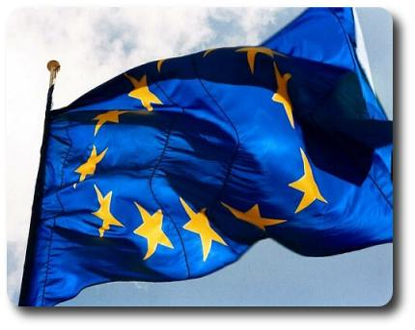Is it responsible to add a budget crisis to economic instability, social protest, and the rise of populism? Is it reasonable for David Cameron to demand the repayment of an obsolete check? Is it fair for Angela Merkel to want to impose a German euronationalism disguised as a stability policy, which means renouncing any political freedom for other countries?
The European summit failed due to strangely symmetrical figures. The proposed European budget was 50 billion euros higher than what the British government was willing to accept, which is precisely the amount European farmers receive each year.
The Common Agricultural Policy (CAP) was one of the contentious issues addressed at the European summit last week. But how can we still defend a program that costs 50 billion euros?
The European Commission estimates that the subsidies are necessary to help farmers “meet the global food demand expected to increase by 70% by 2050.” But if demand is supposed to grow by 70%, why have subsidies? Not long ago, these aids were officially justified by the weakness of global demand. Today, they are justified by its growth. They reflect a very biblical view of human stewardship.
Politics clearly take precedence over arguments.
Europe is in crisis. It is in crisis because it no longer has money. Essential public services are being cut (often unfairly and unjustifiably), yet every year farmers receive 50 billion euros in subsidies.
Rarely have so few received so much help from so many.



